by Vanessa Hannesschläger, Andrew Newman
With its Linz location, Ars Electronica is not only situated in the geographical heart of Europe, but also positions itself as a central point of European cultural intersection as partner institution in numerous collaborative EU-supported projects. These international collaborations with other institutions and organisations in the cultural and creative sector inspire and facilitate exciting alliances between artists, researchers and industry representatives in multidisciplinary projects in the spirit of a united Europe.
The development and implementation of European cultural cooperation projects under Creative Europe, Horizon 2020 / Horizon Europe and Erasmus+ have become a cornerstone of Ars Electronica’s engagement with the sector. Our self-understanding in these collaborative approaches is that of a European Platform for Digital Humanism, a space for conversation and reflection to foster the development and showcase the outcomes of artistic engagement with science, technology, and society.
Ars Electronica’s efforts focus on exchange within the sector on the one hand, and the discourse between the sector and society at eye level on the other. Critical artistic discourse on technologies, societal discussion through transdisciplinary cultures, and the cultural and creative industries’ reflection on their digital futures in the context of the Next Renaissance movement and beyond are the focus points of our perspective on how Digital Humanism can lead more-than-human societies into a liveable future.
Next Renaissance
The world stands at the cusp of a rare opportunity to shift our systems and way of thinking, planning and acting dramatically as a mood is emerging that transformation is possible. The solutions are in the air and renewal is possible. Perhaps a rebirth – a Next Renaissance, where we harness our collective imagination and intelligence, where we blend insights from differing disciplines, such as science, the arts, the humanities, technologies, and where we work across these forms of knowledge. Here we can rethink how to organize our economy on different principles and base our society beyond mere self-interest as well as redefine our relationship to nature given the dangers of climate collapse.
Next Renaissance is a movement and a platform that aims to promote the need to dramatically reassess our ethics, values and priorities in addressing the major problems of our times. The creative and cultural sectors, and especially blending scientific, technological, cultural and artistic knowledge, can be a catalytic driver to both imagine possible futures as well as to help make them happen. To tap into the great potential of the sector for the evolution of human societies, we need to provide infrastructures and support systems that facilitate and accommodate radical new paths of thinking, both to artists and industries.
Ars Electronica participates in two large-scale initiatives of the European Commission that are in line with the Next Rennaissance’s belief that innovation and cross-innovation by the cultural and creative economy is the key to the future of Europe. The STARTS Initiative and the EIT Culture & Creativity provide frameworks within which a paradigm shift in how we think, plan and act becomes possible. The EIT’s flagship initiative Next Rennaissance provides an umbrella for these two approaches.
At this year’s Ars Electronica Festival, the STARTS Day conference will be aligned with the aims of the Next Rennaissance initiative. In addition, the EIT Culture & Creativity will host the Next Rennaissance launch event at the Festival.
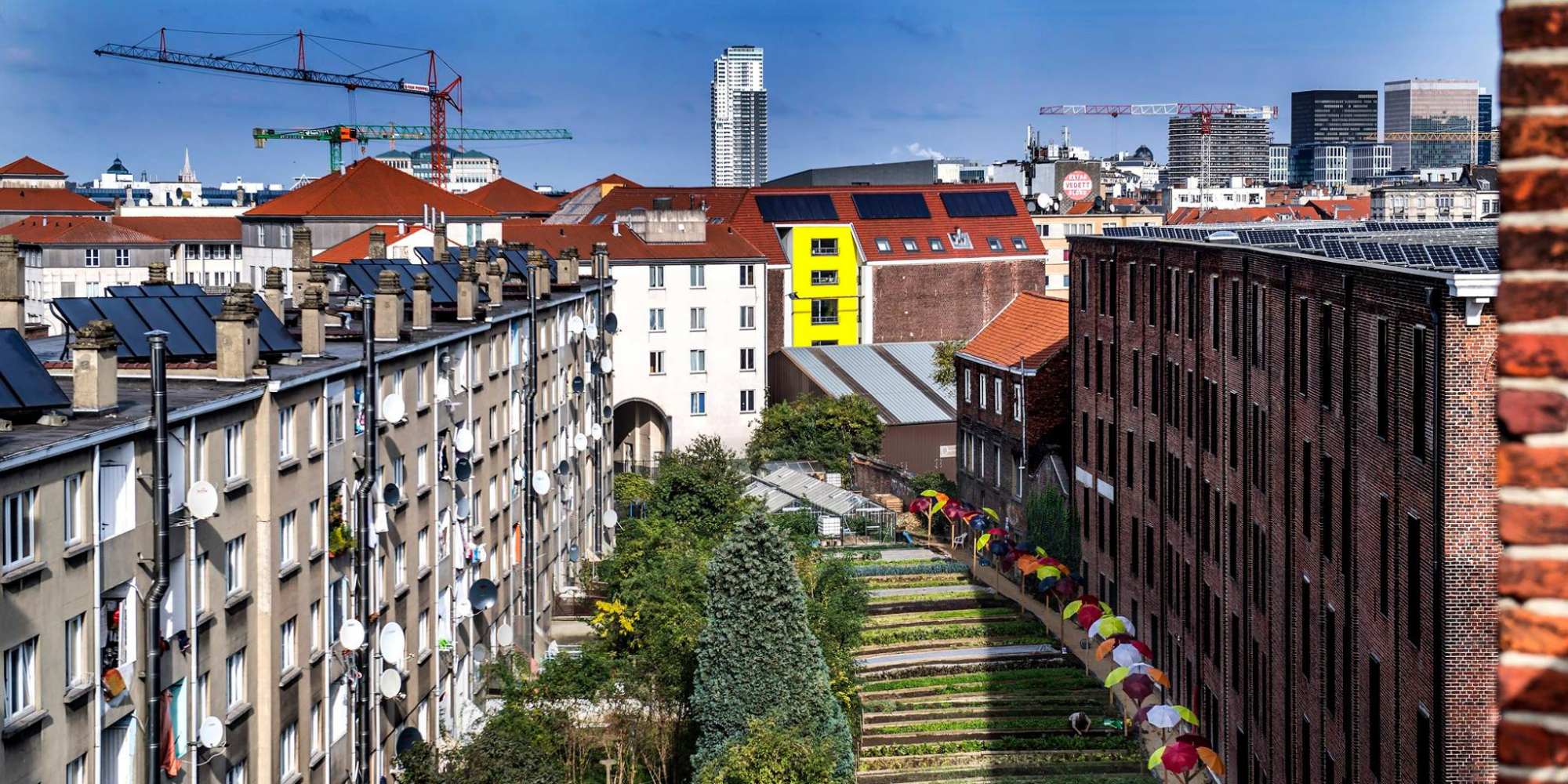
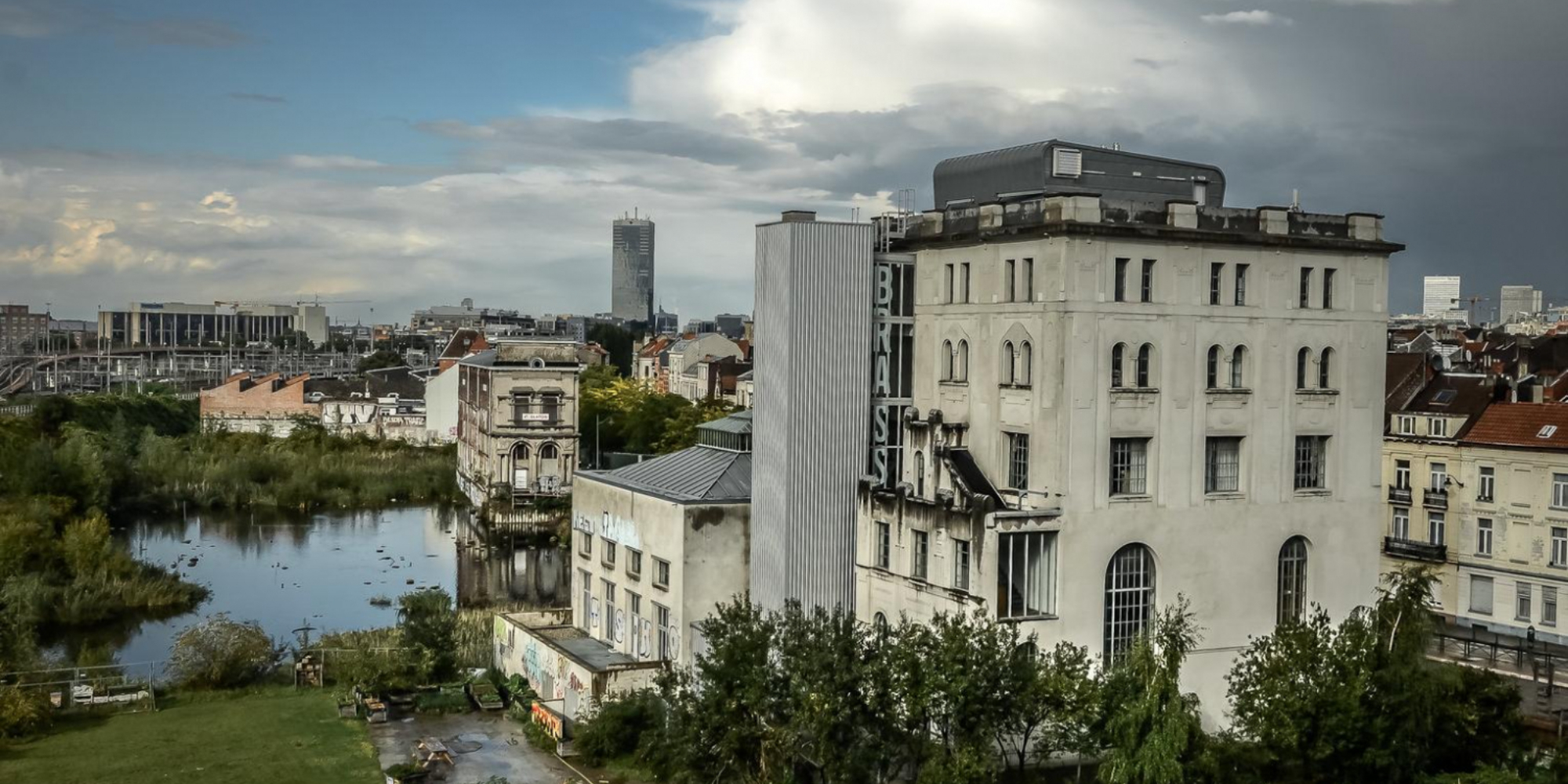

Culture & Creative Industry Futures
The European cultural sector is a diverse, ever evolving field with a rich history to build on. With the digitization of European societies, cultural organizations do not only transform their strategies and approaches to collaborate beyond regional and national borders, but also across the sectors: exchange and cooperation with creative industries is becoming a cornerstone of innovation in the field. The benefit is mutual, with theatres incorporating approaches developed by gaming and film industries, streaming platforms developing content incorporating cultural heritage data, or museums collaborating with technical solutions providers to keep their audiences engaged – to name only a few examples.
Ars Electronica offers the sectors a space to meet, learn from each other, and engage with novel approaches, but also actively participates in the innovation processes of the cultural sector through involvement in initiatives that shape the digital future of theatres, museums, and cultural and creative industries collaboration. By making the sector fit for our digital present and future, we ensure that cultural institutions can confidently take on their role as spaces of democratic discourse on the challenges we face as a society.
In the context of the ACuTe project, Ars Electronica participates in the development of digital theatre productions, some of which are shown in the DeepSpace and at the Ars Electronica Festival.
For the cultural sector, the CCI Thrive project focuses on non-financial, value driven business models. At this year’s Ars Electronica, experts discuss existing approaches of cultural institutions to societal, environmental, and educational value creation and work on recommendations for both partitioners and policy makers to shape the future of the cultural value creation in a data-driven world.
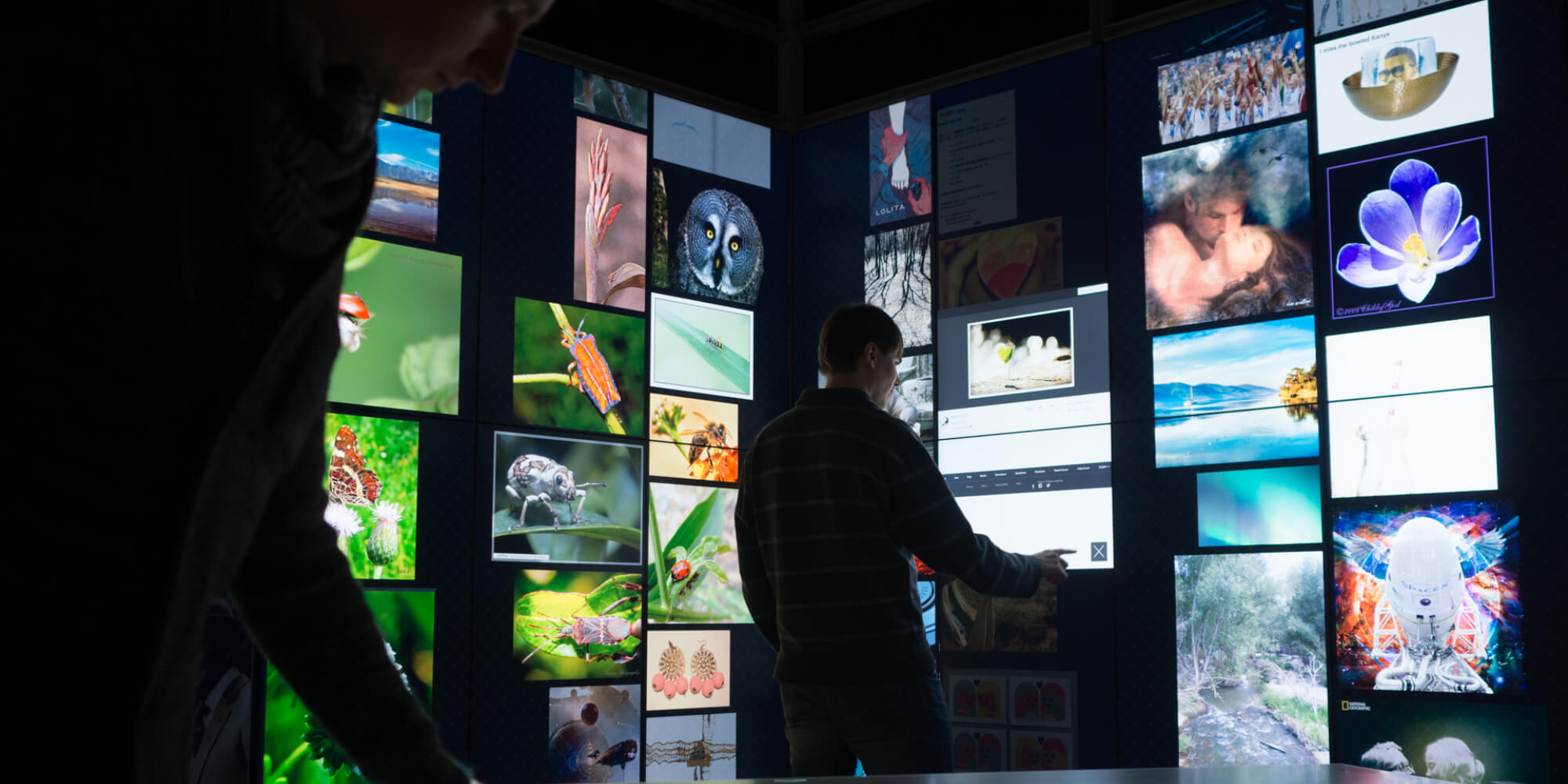
The DOORS — Digital Incubator for Museums project supports those likely to be left behind in the sector’s race towards the digital: small and medium-sized museums. The final results of the project will be presented after this year’s Ars Electronica Festival in September.
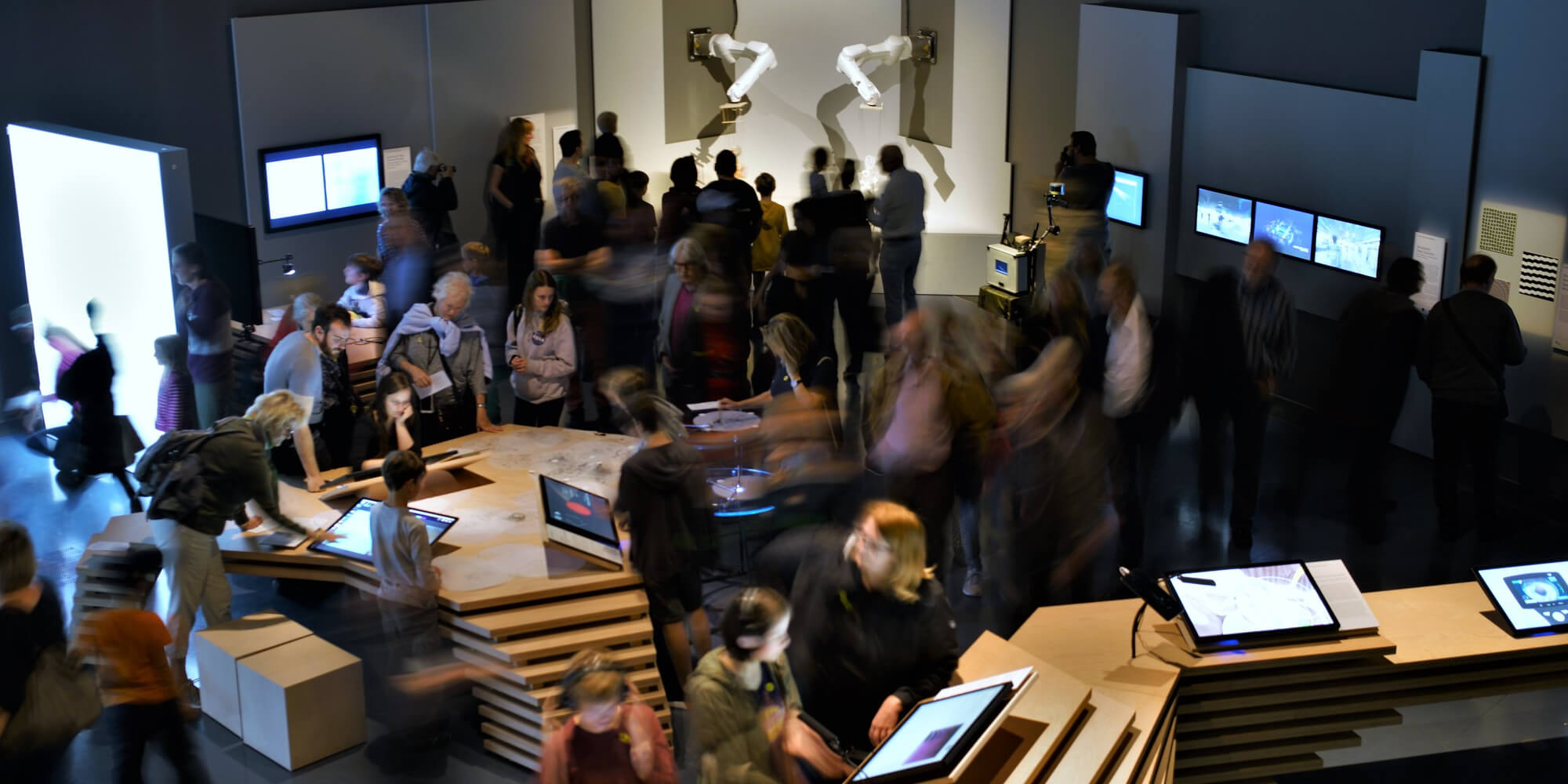

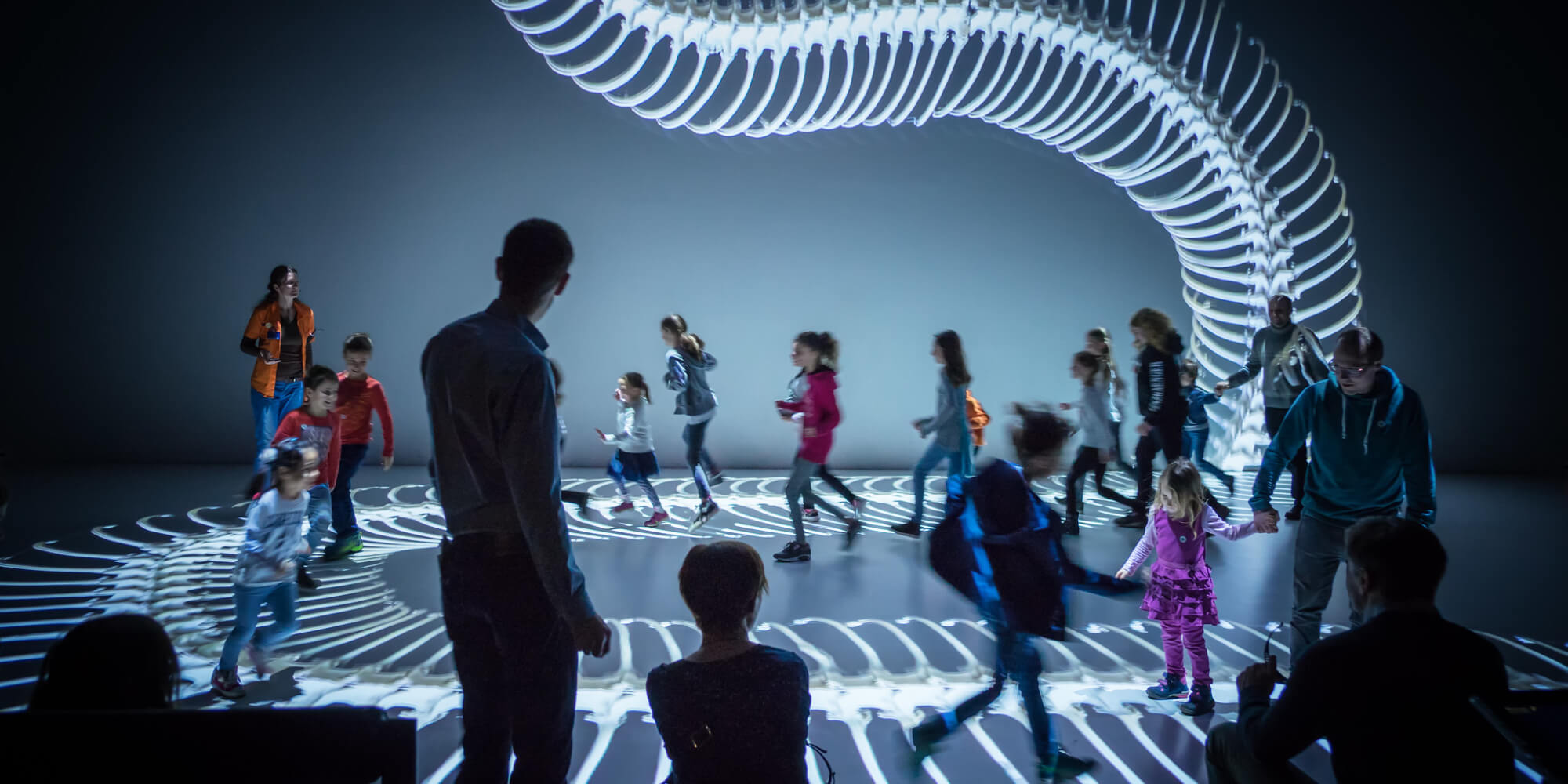
Transdisciplinary Cultures
We stand on the brink of an unthinkable tomorrow. Experts caution that we are either already undergoing, or on the precipice of, the continuous decay of human civilization unless we urgently act on our environmental emergencies. We must rally, stimulate, and ambitiously drive the societal evolution required by fostering transdisciplinary cultures through education and science engagement, so that we have the expertise to facilitate and enact on the different types of knowledges needed to achieve transformative change and create a sustainable future.
The climate crisis and its definition as an apparently unmanageable ‘super wicked problem’, underscores the urgency to execute comprehensive strategies that absorb insights about the intricate relationships between human, non-human, and more-than-human systems. Activists, communities of engagement, and especially young people have embraced the urgency of the situation in more appropriate ways than policy and the general public, which is why Ars Electronica is invested in making their voices heard.
By fostering a culture of transdisicplinarity across the European Research Area, Ars Electronica and its European partners deliver projects focused on fostering collaborative and transdisciplinary cultures in education and science. Transdisciplinarity is crucial as a means to revealing the possible paths through what appear to be impossible dilemmas. By bringing together diverse stakeholders, we can shape a society that works together towards a sustainable future.
More-than-Planet aims to have long-term impact by developing a pathway toward the framework of European Cultural Outer-Space Activities (ECOSA) in collaboration with relevant stakeholders. The results are disseminated as novel environmental narratives at this year’s Ars Electronica Festival, as well as across other cultural and public spaces, including specific critical zones.

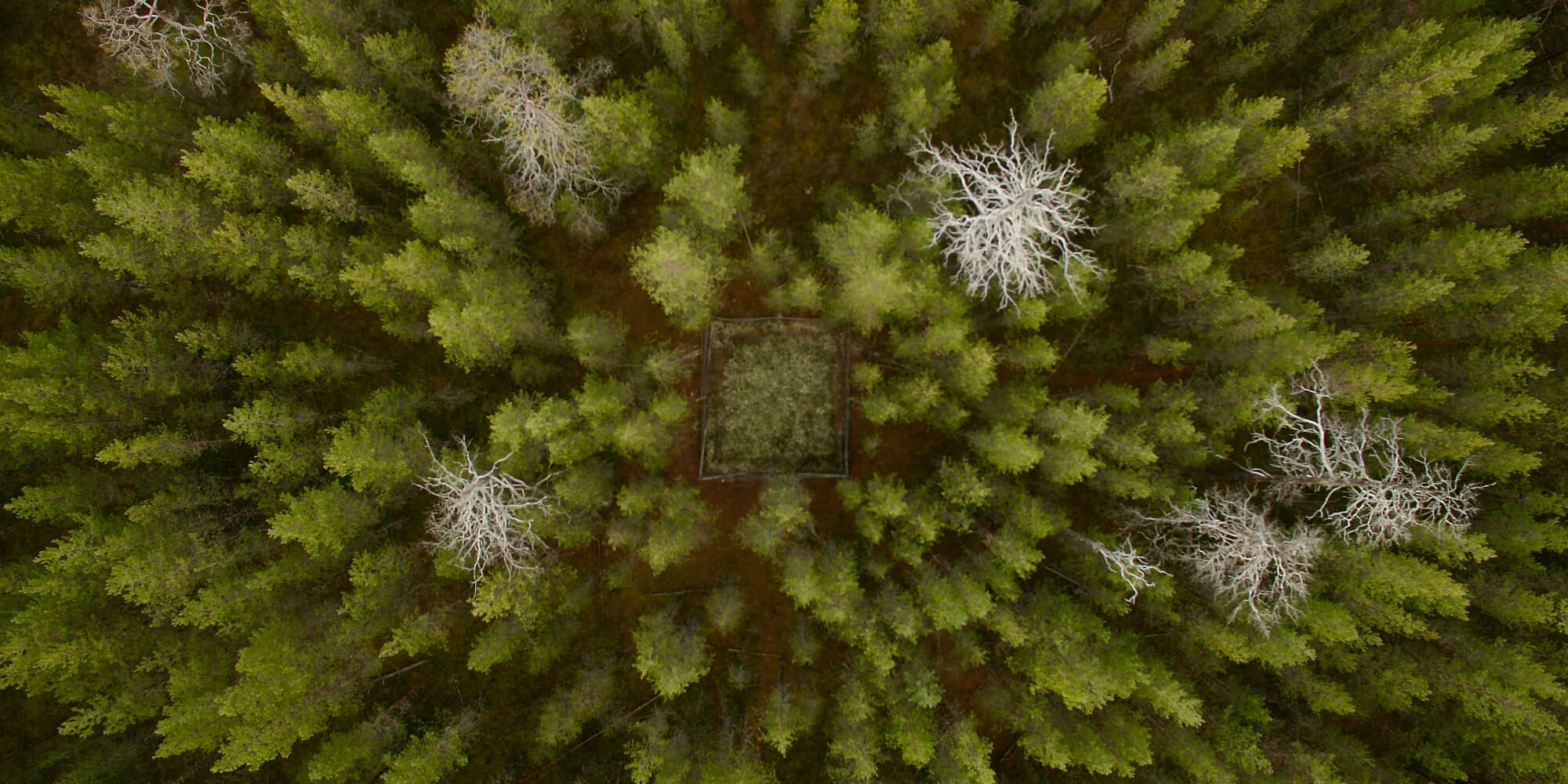
IMPETUS hosts the European Union Prize for Citizen Science on behalf of the European Commission in order to broaden the recognition and disciplinary engagement of Citizen Science by honoring collaborative and diverse approaches that empower civil society and citizens in the development of the future. At this year’s Festival, Ars Electronica awards the European Union Prize for Citizen Science for the very first time.

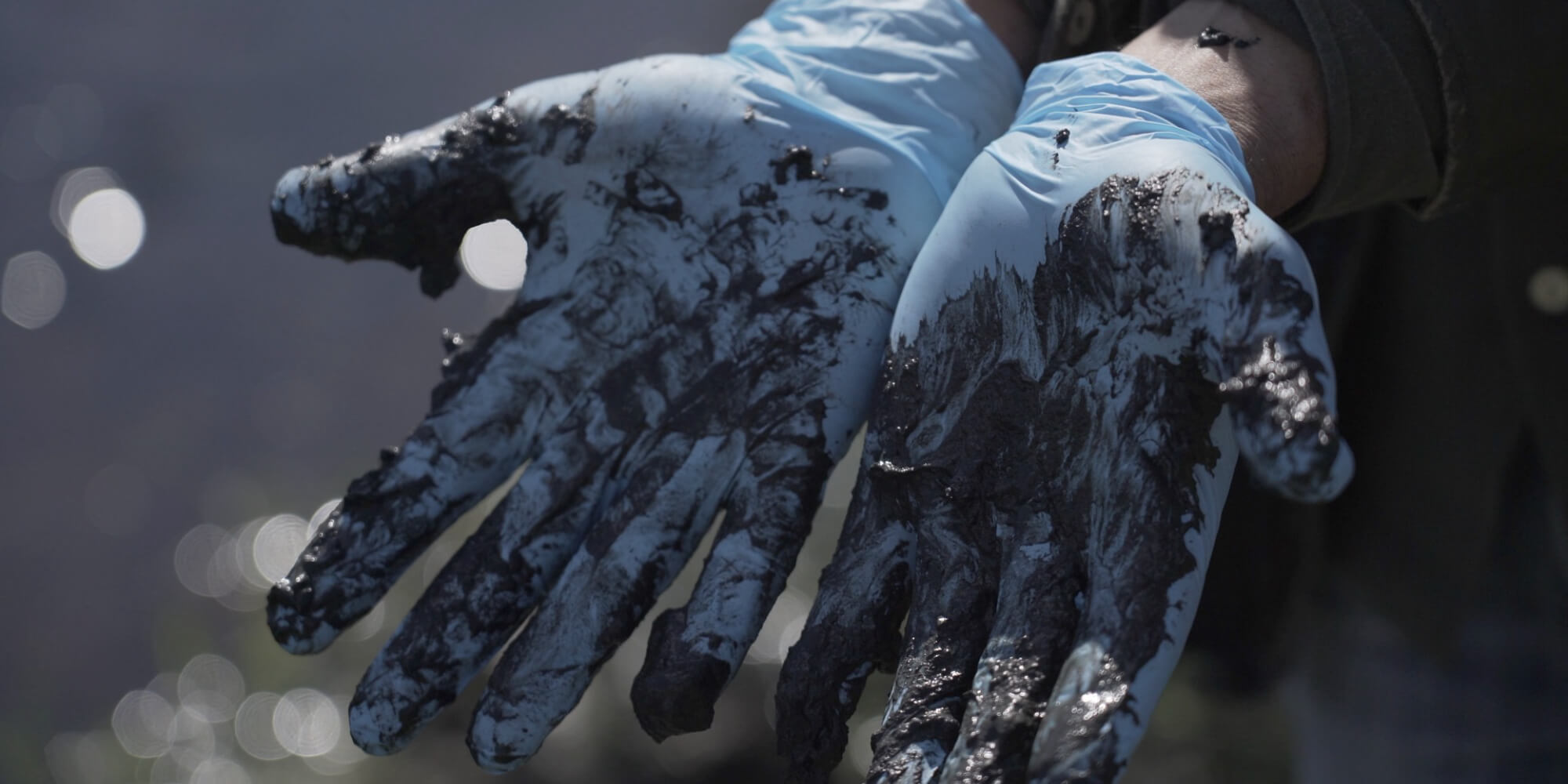
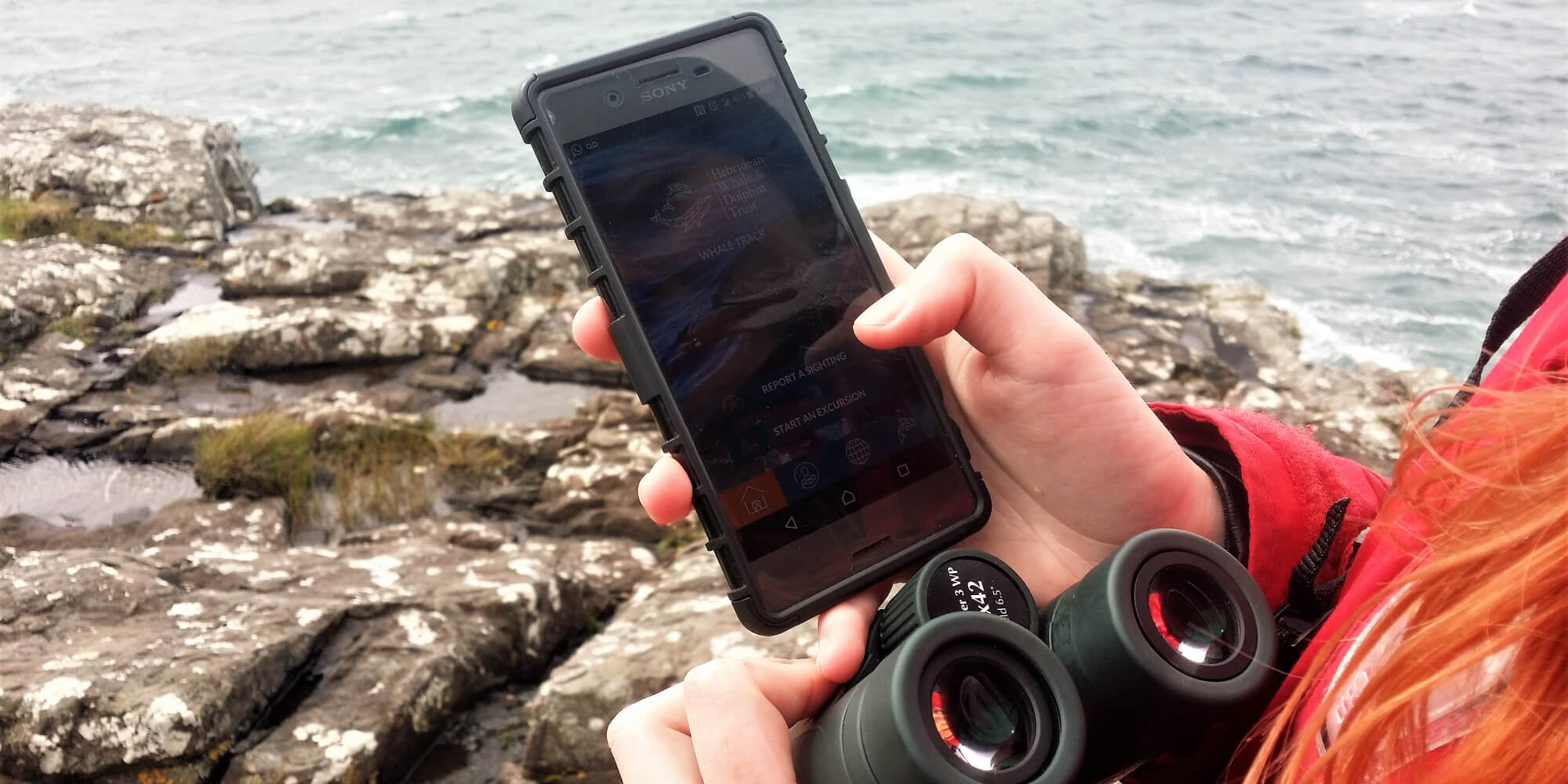
The practical tools developed by WeSTEAM include a skills-framework that women* in STEM can use to self-assess their Art Thinking capacity and to identify areas for improvement. WeSTEAM is also developing a training methodology, designed to be utilized by both STEM educators and female* students themselves, which will presented and tested in the context of this year’s Ars Electronica Festival and that is further supported by a VR-based educational game.
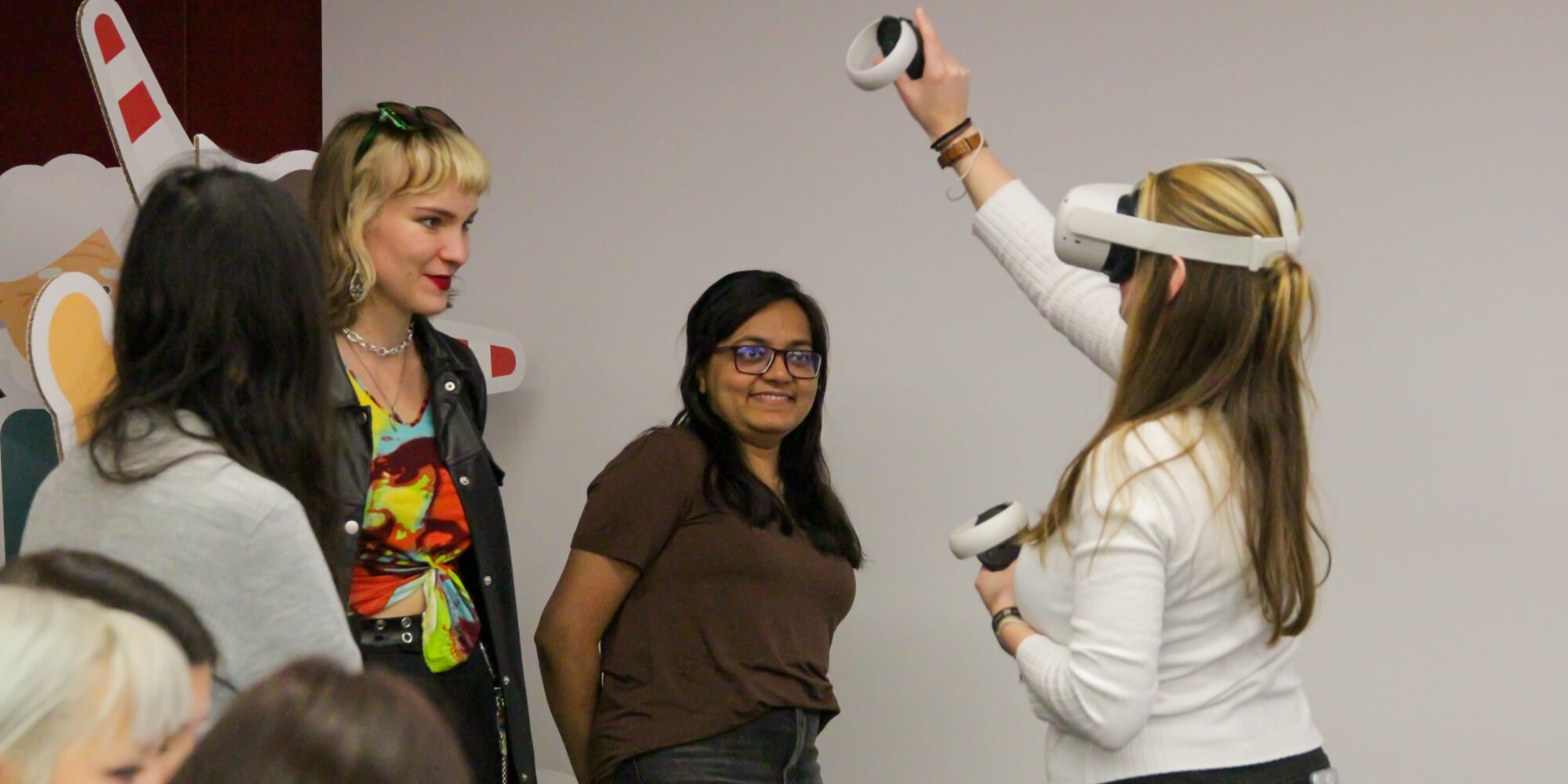
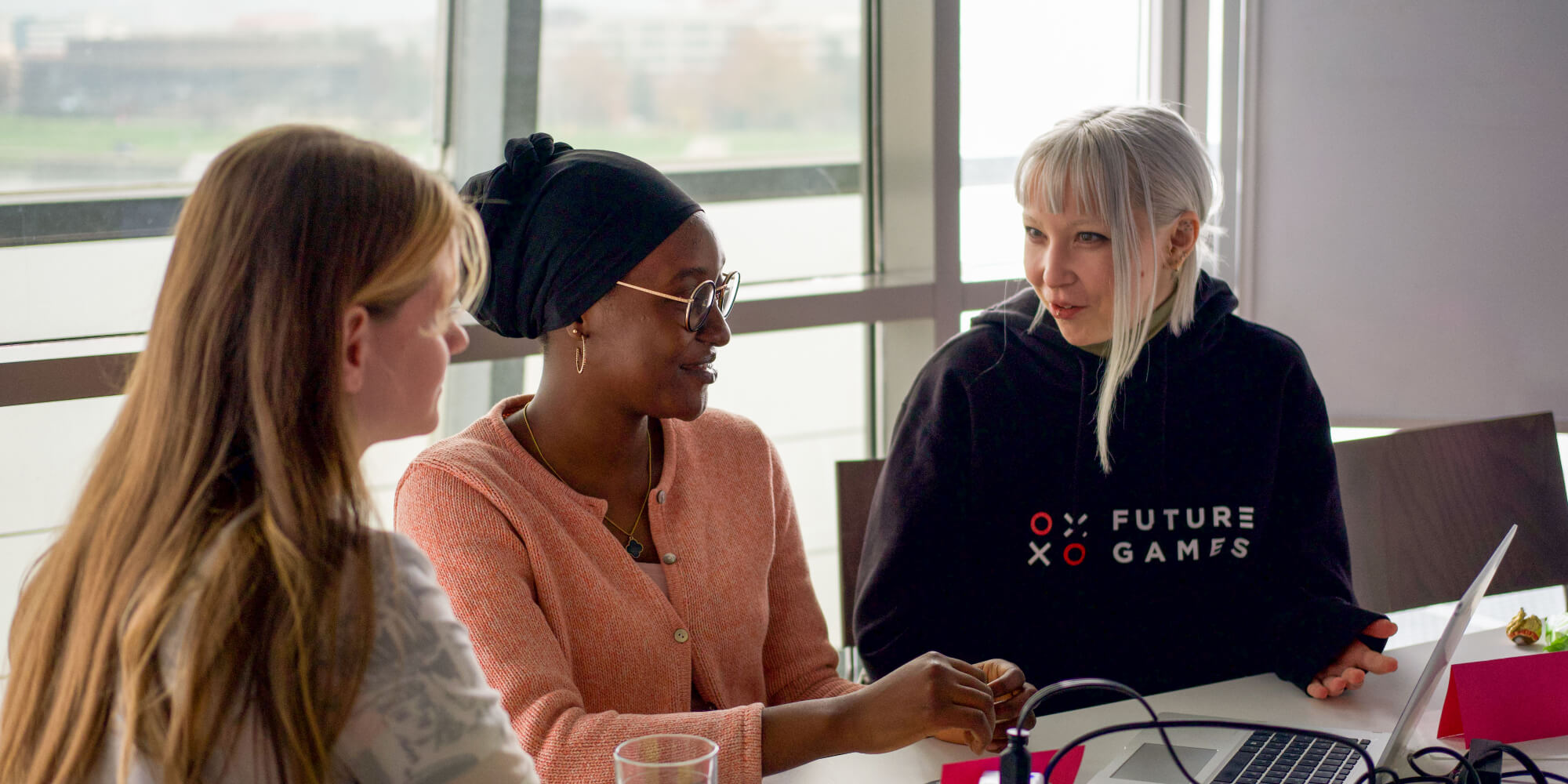
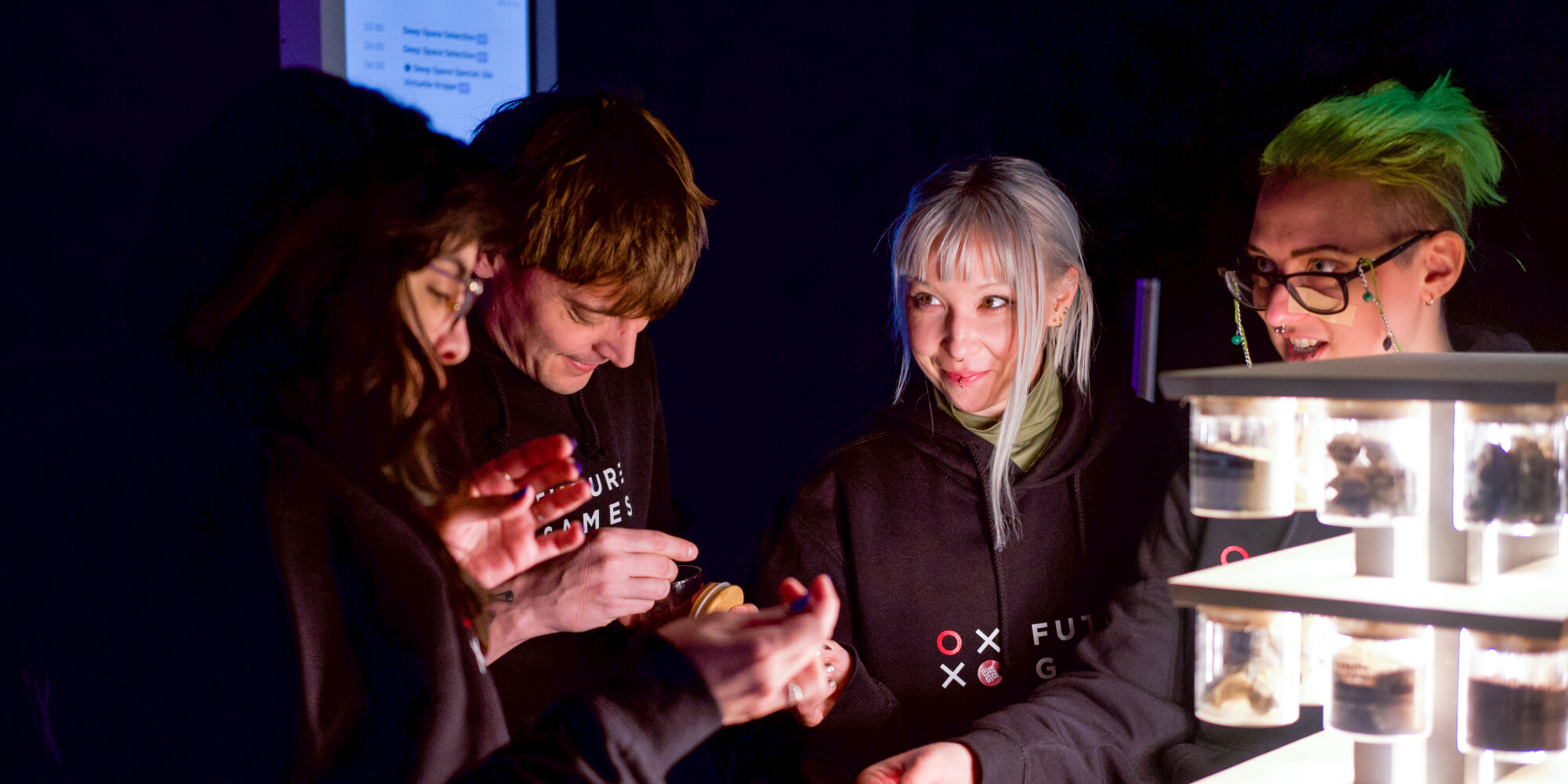
Critical ChangeLab aims to ultimately contribute to improve ingemocracy in Europe through this flexible model of democratic education across educational organisations in Europe. By giving power and agency to young people, direct action towards creating a sustainable and socially just future can be inspired. Ars Electronica embeds this model of education within its create your world program in the upcoming years.
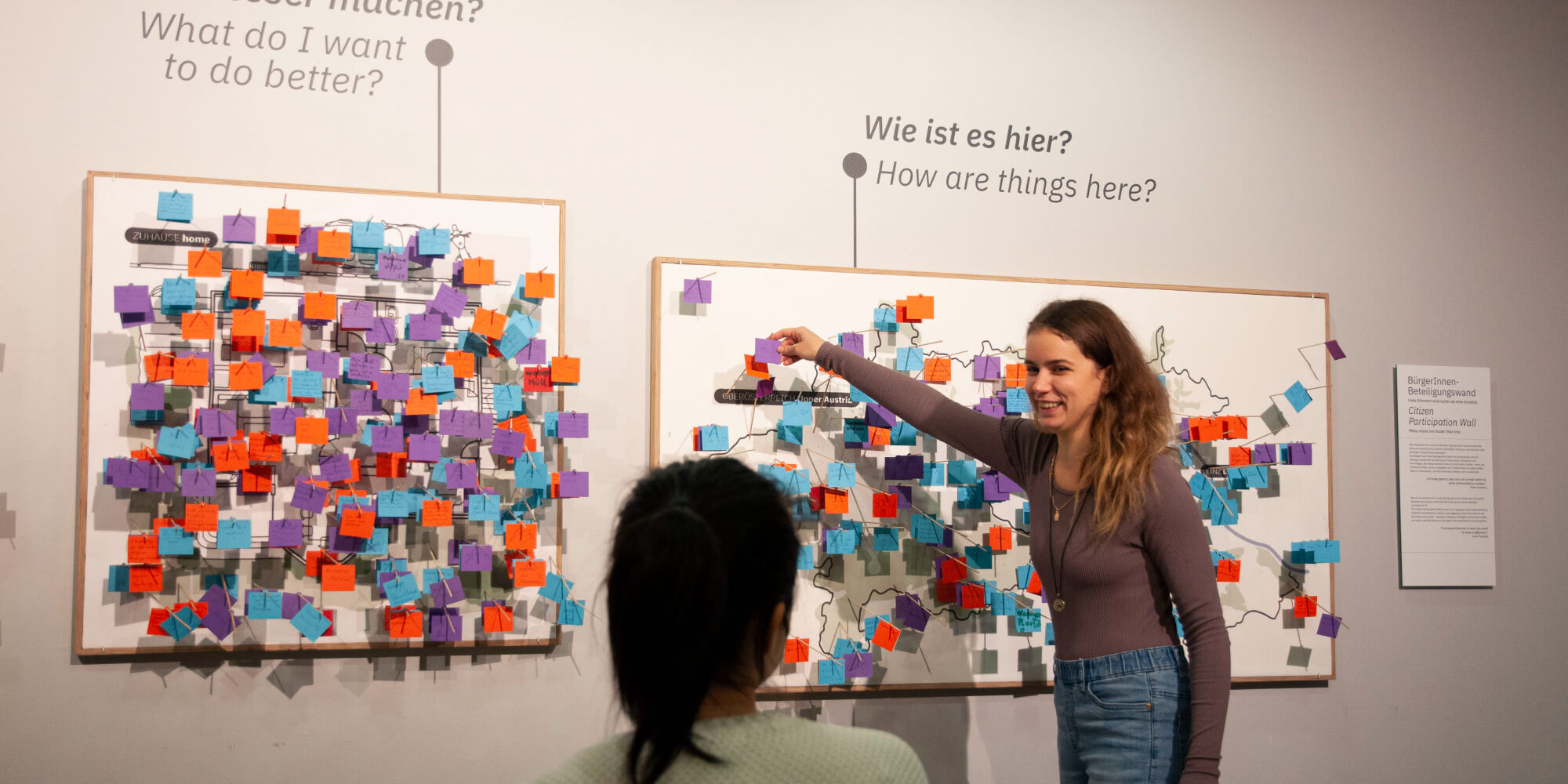
Critical Technologies
In an era of technology, where AI and Big Tech are reshaping social and technological landscapes, the need for a more human-centric approach to digital transformation is paramount. Dire consequences such as the erosion of privacy, misinformation spread, and data monopolies highlight this need.
Ars Electronica has been implementing European projects based on the creative and critical thinking of artists for many years. Societal and ethical considerations are pushed to the forefront of technological development within these projects and align with the European Union’s broader policies on digital transformation. In numerous projects facilitated by this approach, artists have demonstrated their ability to challenge norms, provoke critical reflection, and inject a human-centric perspective into the digital realm. Their creative interventions serve as catalysts for questioning established paradigms, opening up new possibilities, and nurturing a deeper understanding of the cultural, social, and ethical dimensions of technology.
The cross-fertilization of artistic creativity with science and technology, coupled with societal and ethical considerations, forms a pivotal strategy in addressing the future potential of the digital transformation. Such a humanistic approach to digital transformation, advocated by Ars Electronica and its partners, offers a roadmap towards a future where technology serves and upholds our collective good.
European Digital Deal continues Ars Electronica’s investigation into how the accelerated, yet at times unconsidered adoption of new technologies – such as artificial intelligence, machine learning, blockchain and algorithmic processing – can alter or undermine democratic processes. Through a number of programmes, European Digital Deal establishes a new kind of public forum where cultural institutions, artists, researchers, educators gather to reflect on what a deal that safeguards democratic values in the digital realm might look like, and the role they can play in shaping it.
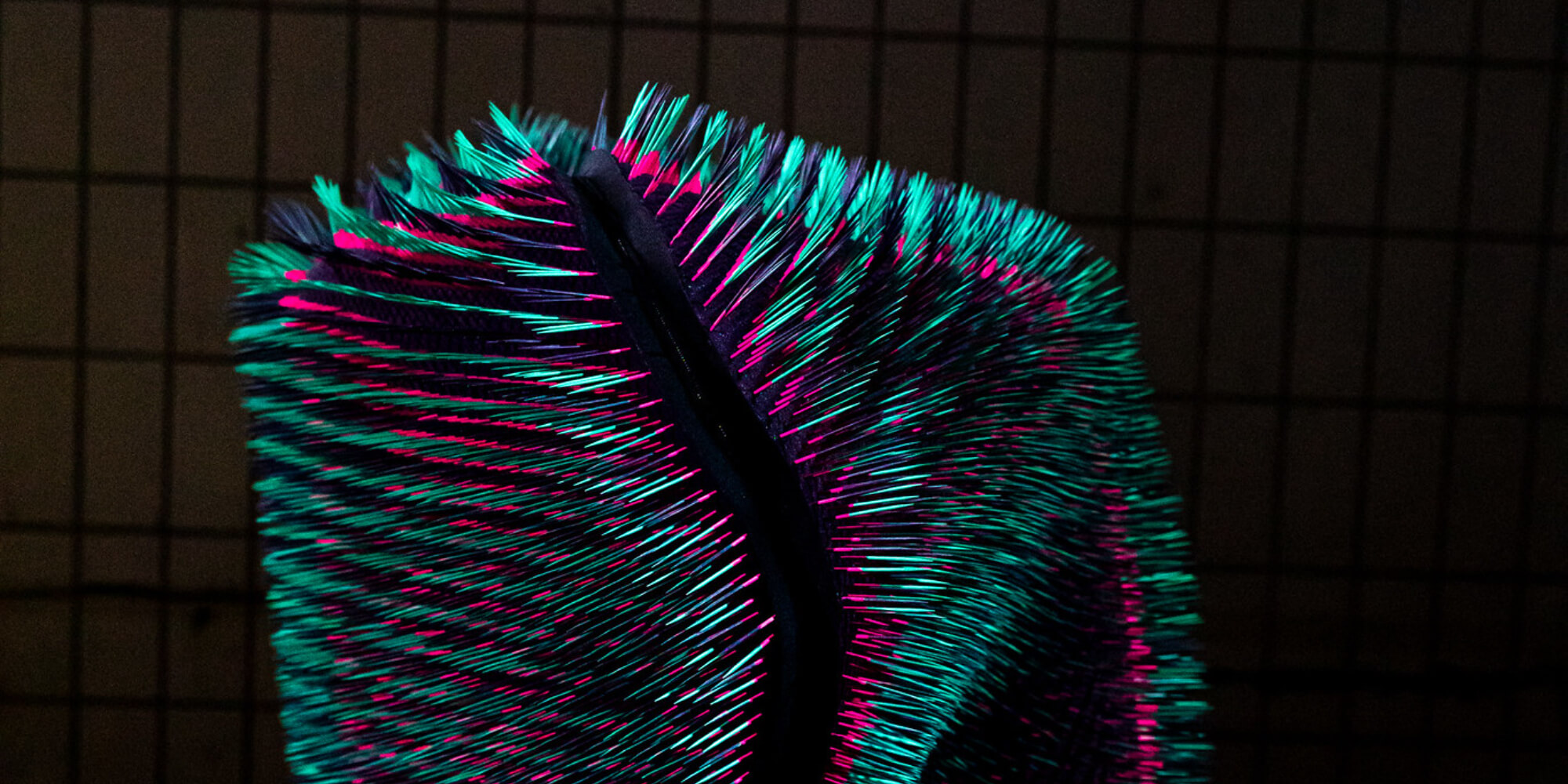
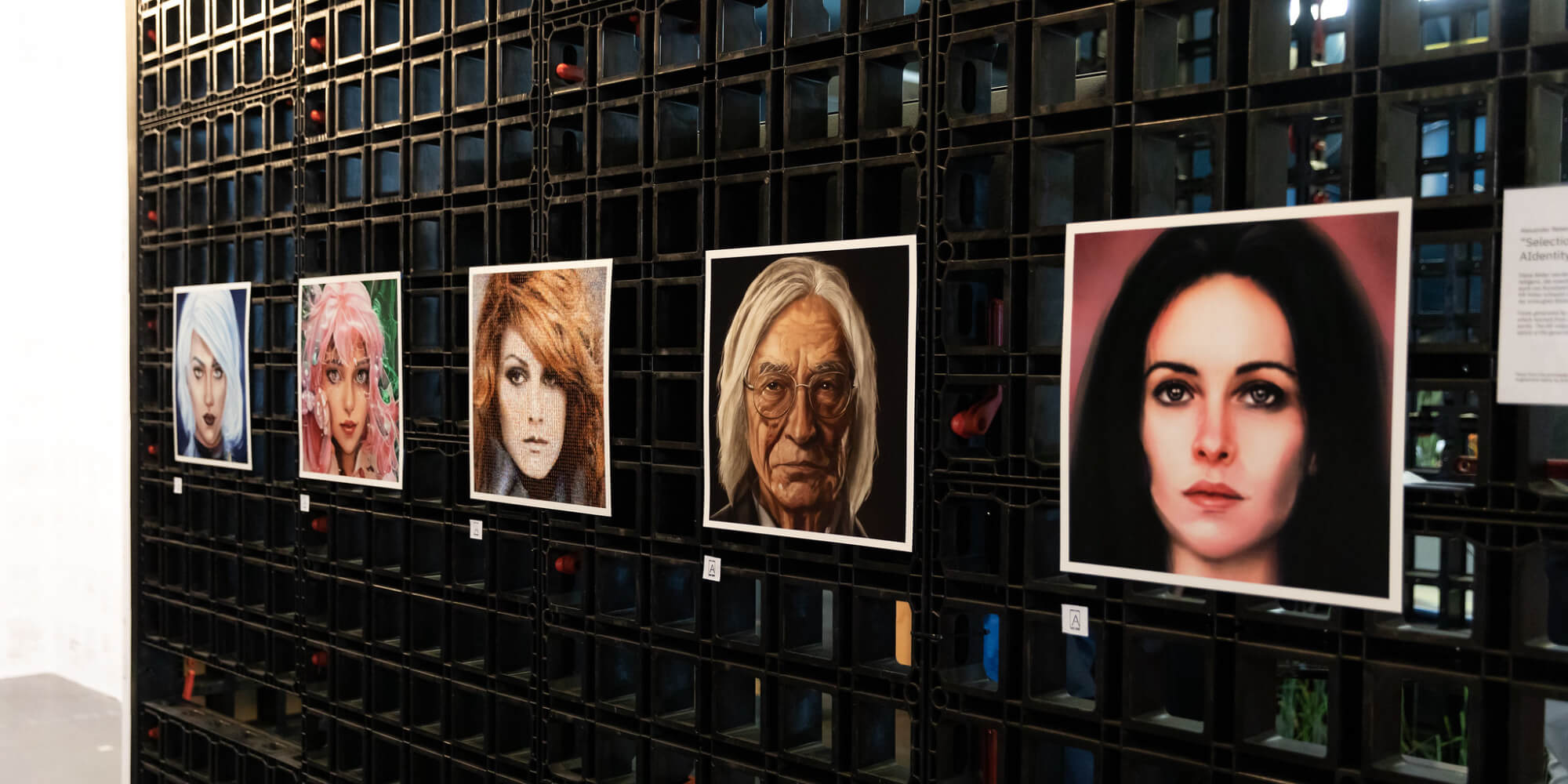
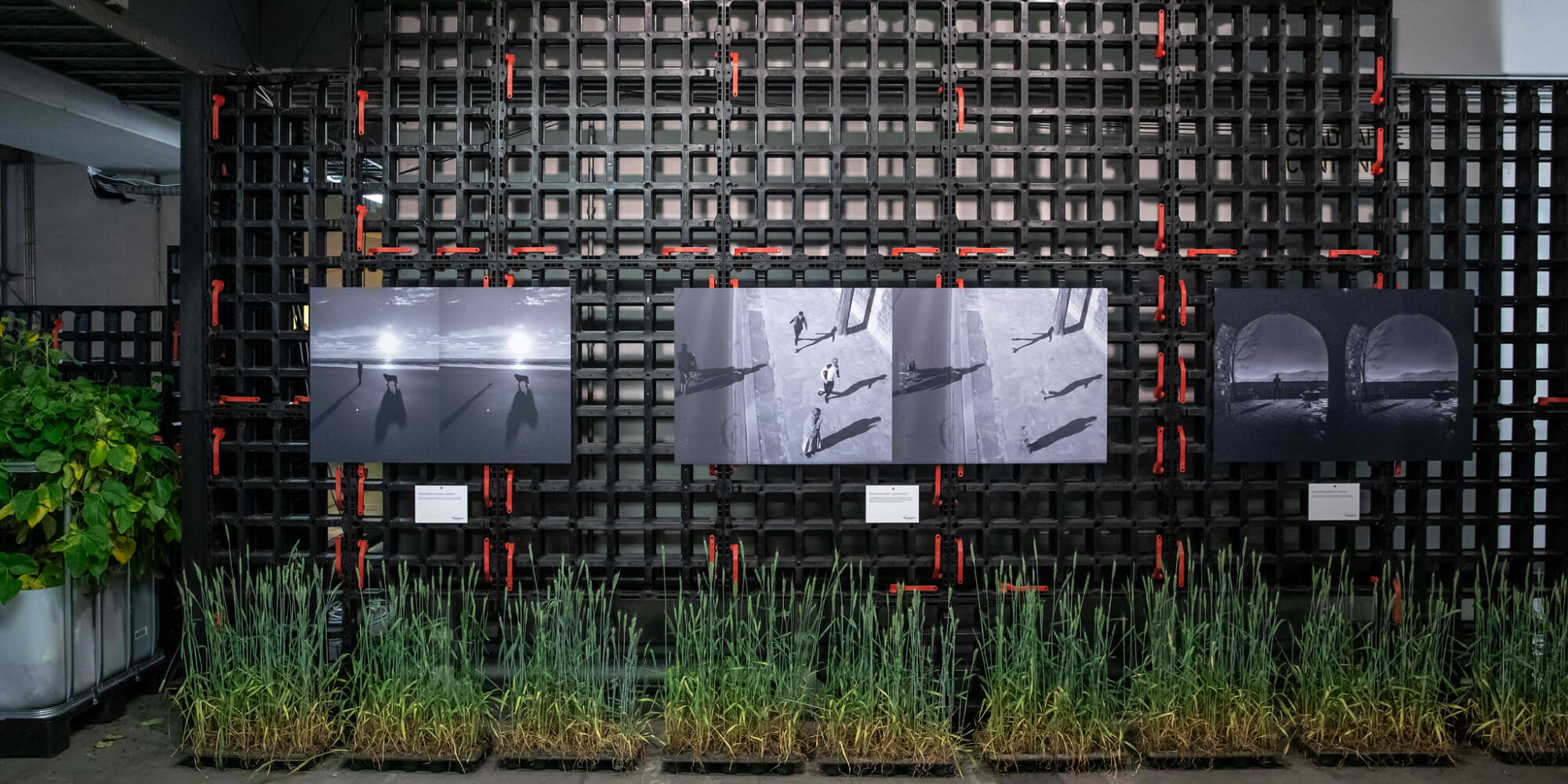
Twelve artist residencies are at the heart of this forum to instigate conversations about the misgivings, risks, and potential futures of digital technologies, from the present ethical threats they pose as they intersect with the media and public administration to visions of sustainable and ethical technologies for the future. At this year’s Ars Electronica Festival, experts and artists will work together to formulate the topics these residencies will engage with.
The European Media Art Platform (EMAP) delves into the societal implications of technology, uniting diverse perspectives. Guided by the innovative and critical minds of artists, societal and ethical issues take center stage in the examination of the evolution of technology. Events take place regularly across Europe and within the Ars Electronica Festival, showcasing the works developed in the residencies.

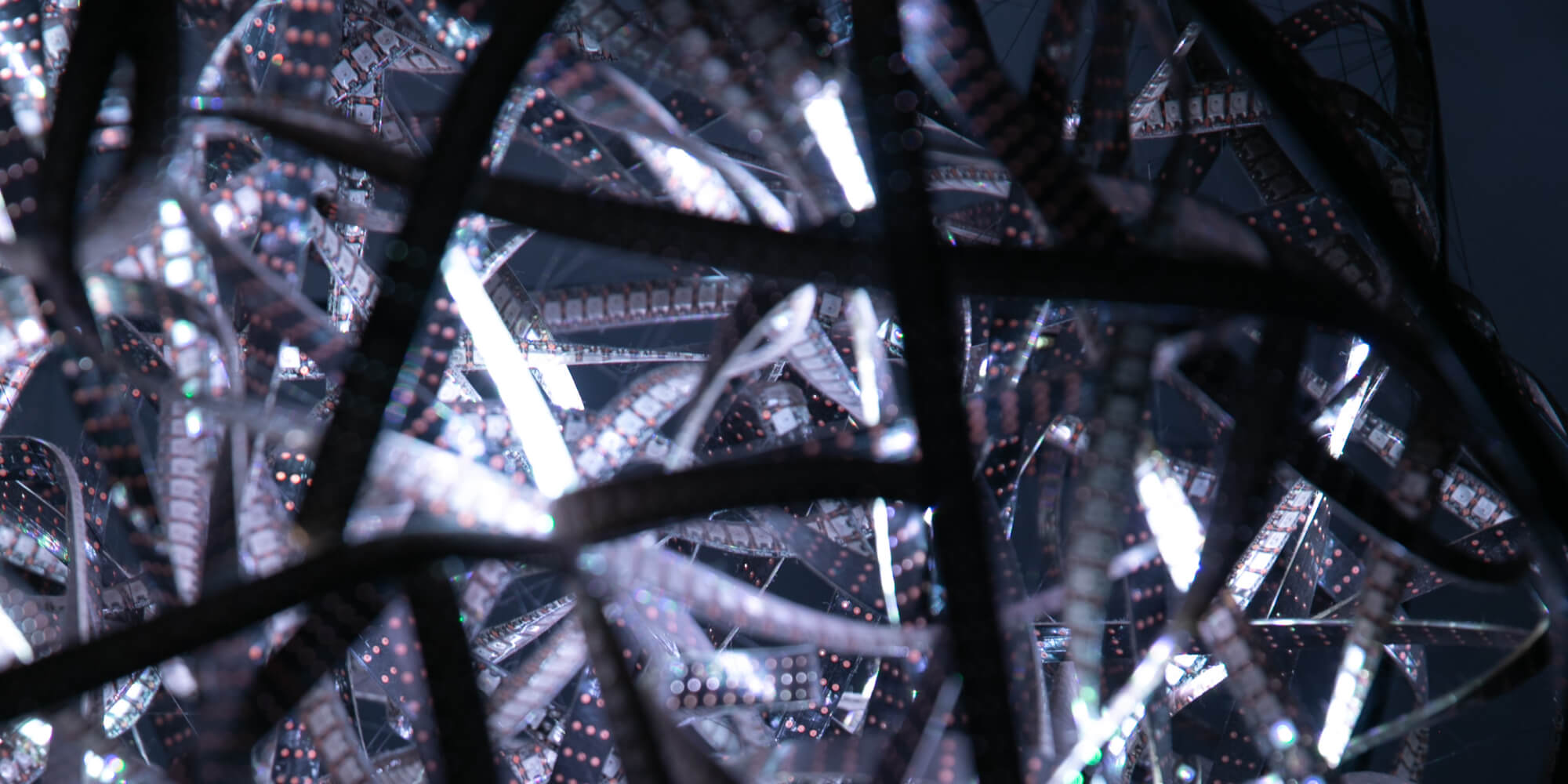

Realities in Transition (RiT) brings together an active and critically thinking community of XR artists and practitioners to respond to these challenges. The project aggregates existing initiatives to demonstrate XR as a common good. At this year’s Ars Electronica Festival, RiT’s Common XR Manifesto (CXRM) is presented to the public for the first time.
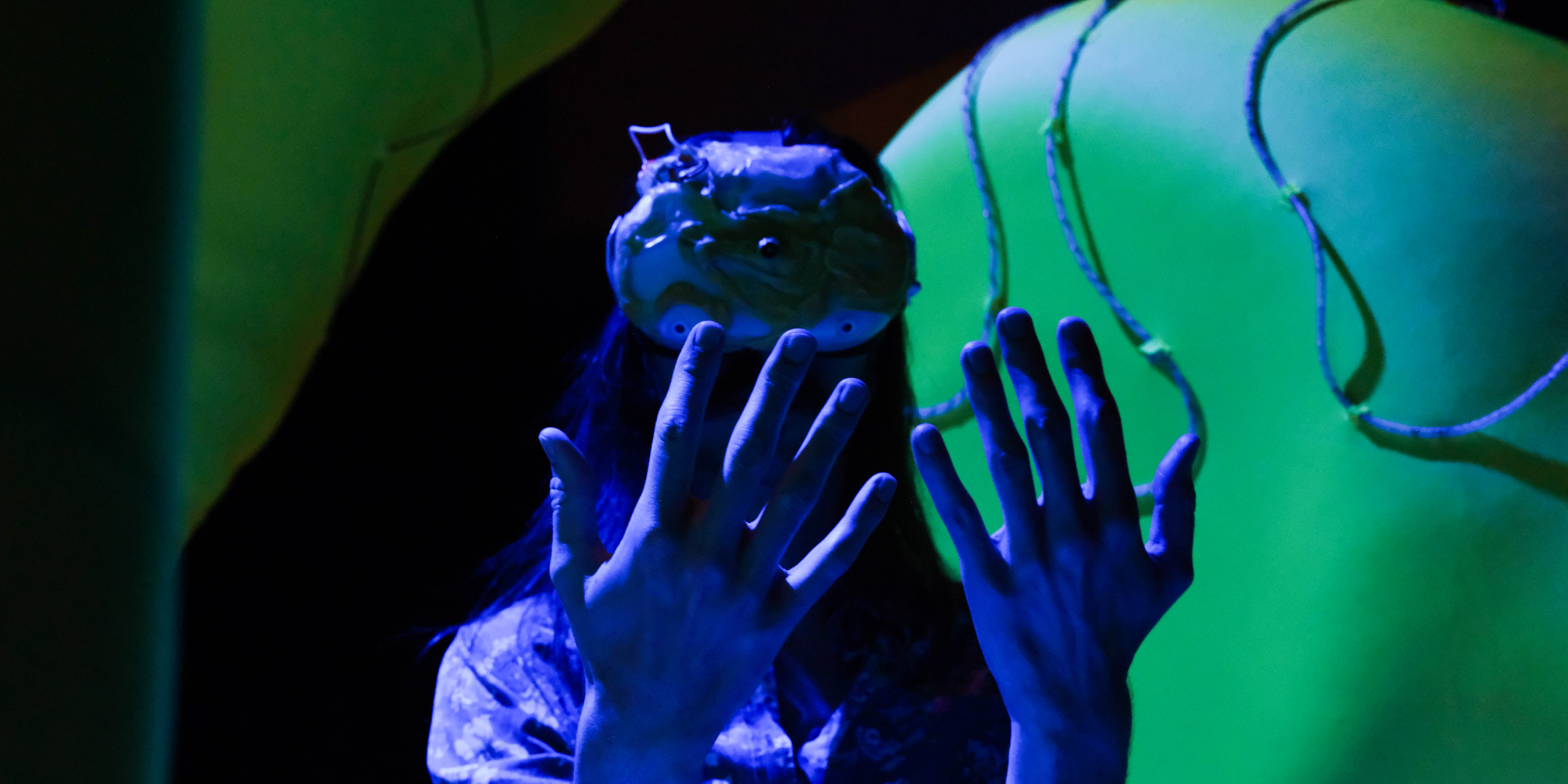
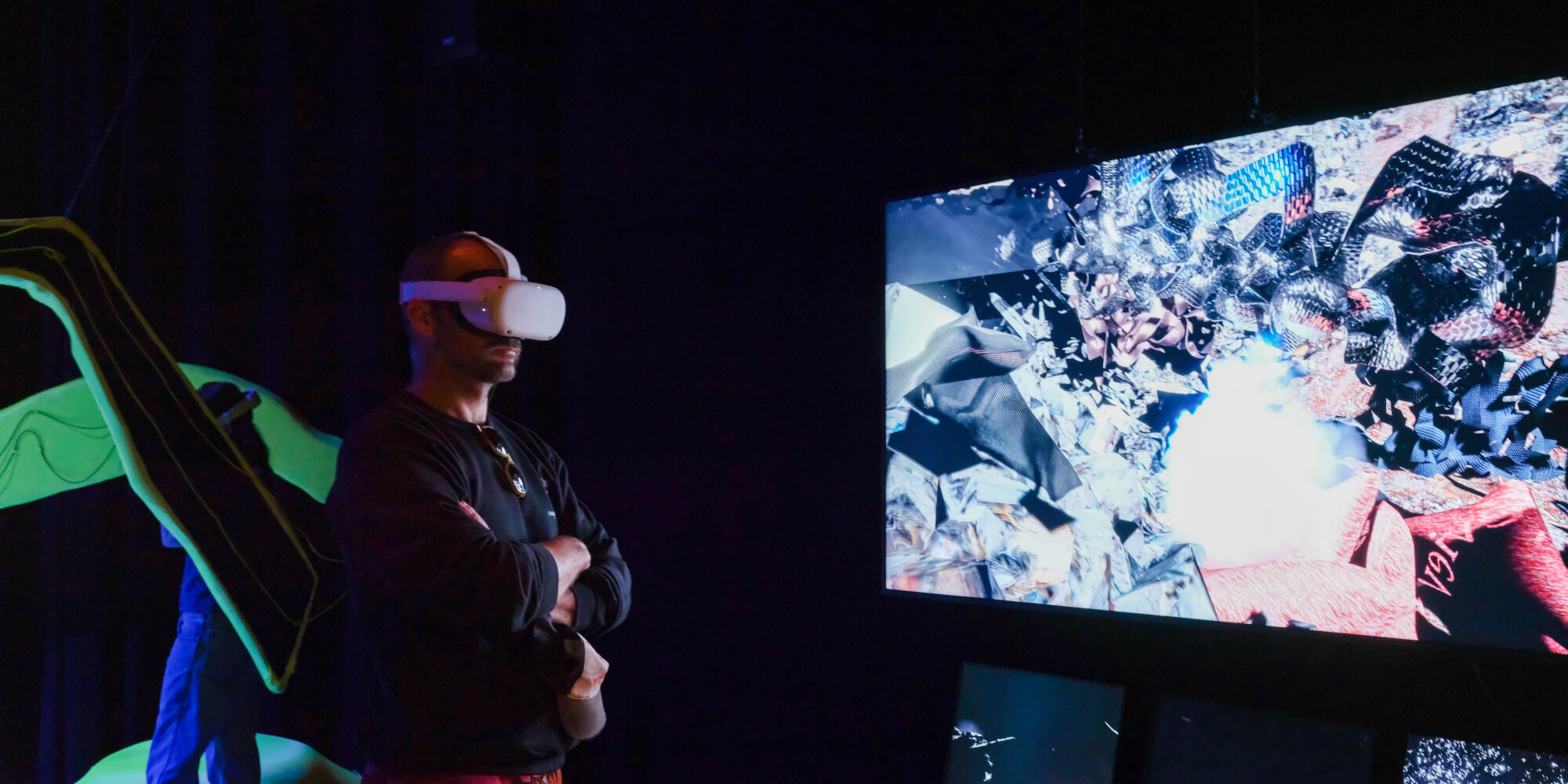
The mentioned projects are part of the Ars Electronica Festival 2023 and can be visited in the course of it. Details on the exhibitions and highlights continuously published online.
More-than-Planet, Realities in Transition, ACuTe, EMAP, CCI Thrive and European Digital Deal are co-funded by the Creative Europe Programme of the European Union.
EIT Culture & Creativity is supported by the European Institute of Innovation and Technology (EIT) and funded by the European Union.
STARTS Prize has received funding from the European Union’s Horizon 2020 research and innovation programme under grant agreement No 956603.
STARTS in the City is co-funded by the European Union under grant agreement LC-01984766 under the STARTS – Science, Technology and Arts initiative of DG CNECT.
STARTS4Africa is co-funded by the European Union, under the STARTS – Science, Technology and Arts initiative of DG CNECT (GA no. LC-01960720).
DOORS has received funding from the European Union’s Horizon 2020 research and innovation programme under grant agreement No 101036071.
IMPETUS is funded by the European Union under Grant Agreement No. 101058677 – HORIZON-WIDERA-2021-ERA-01.
Critical ChangeLab is funded by the European Union under Grant Agreement No. 101094217 – HORIZON-CL2-2022-DEMOCRACY-01-04.
WeSTEAM is co-funded by the Erasmus+ Programme of the European Union.